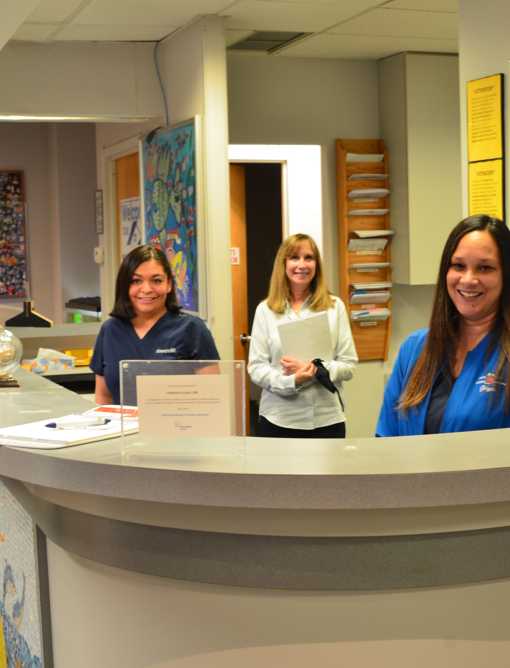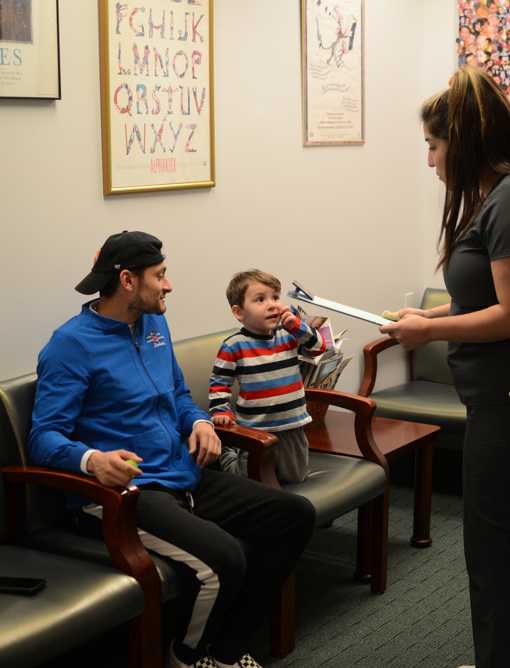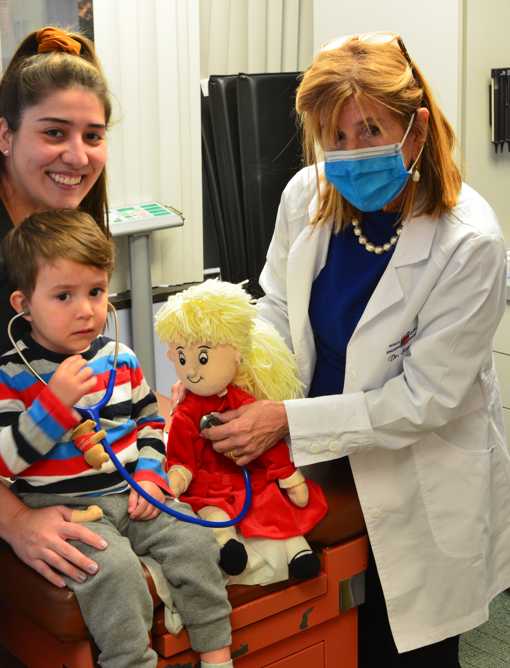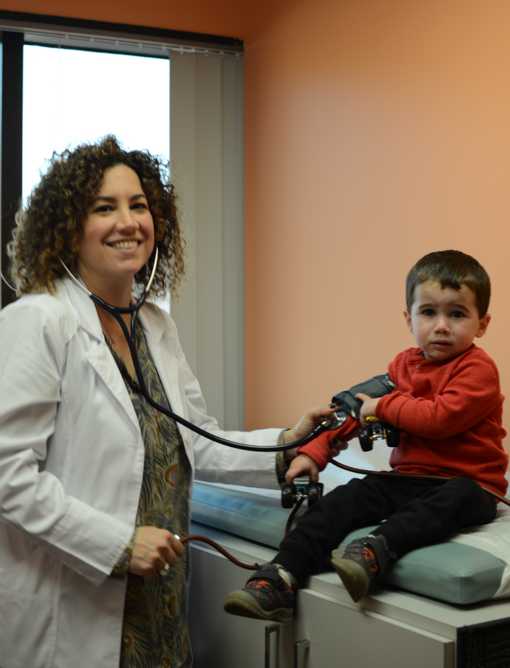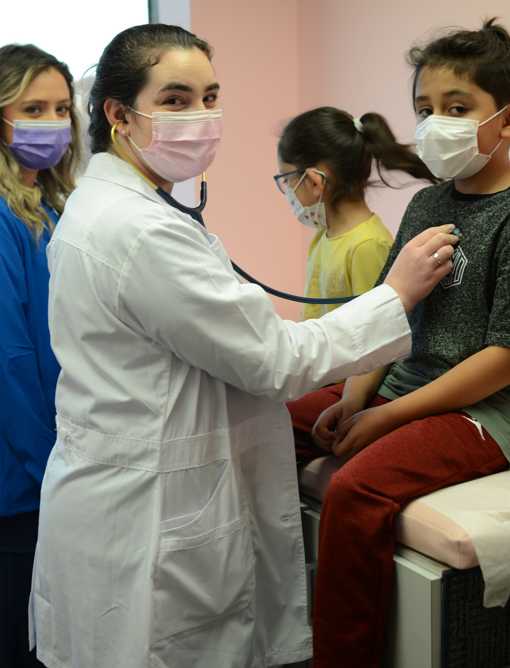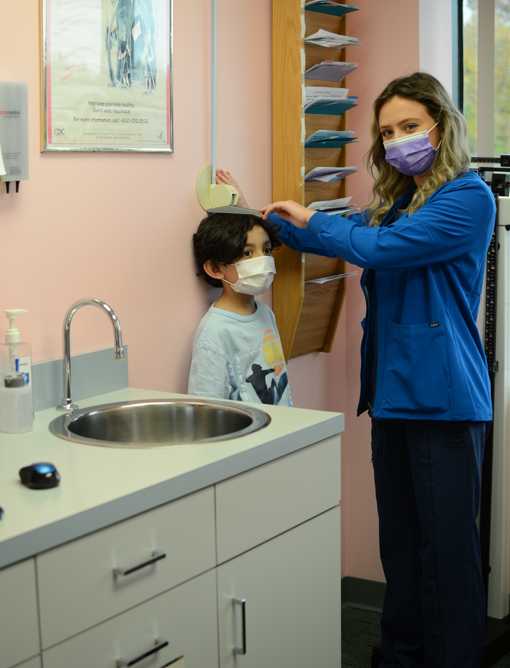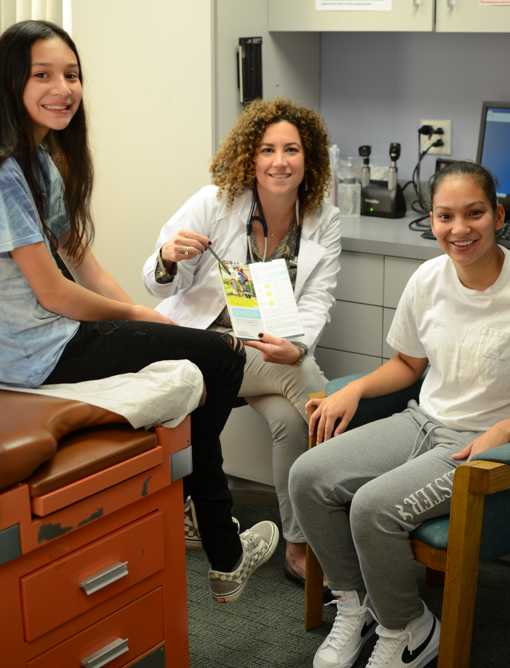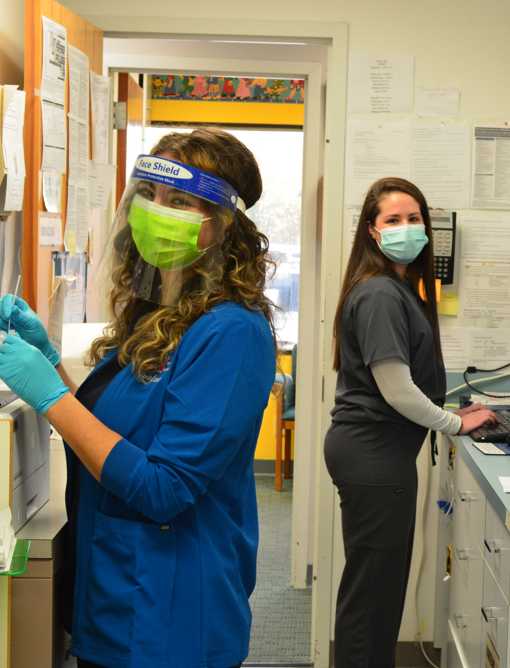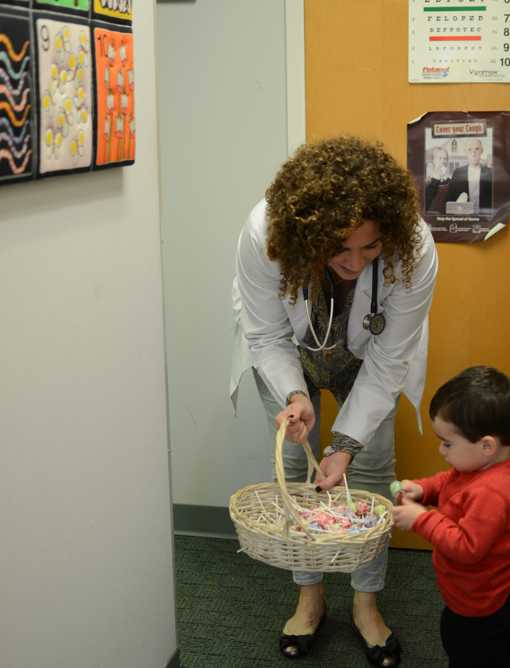




Sí, estamos contentos de ofrecer visitas virtuales a usted y a sus hijos durante la pandemia de COVID-19. Cuando no le sea posible hacer una visita presencial al consultorio, ahora es posible ofrecer las visitas por distintas circunstancias. La mayoría de los seguros de las empresas son las que cubren el costo de las visitas tele médicas. En caso de cualquier pregunta acerca de cómo agendar una visita virtual; favor de llamar directamente al consultorio.
Sí. Y ambas pruebas están cubiertas por el seguro. Favor de consultarlo con tu proveedor de seguros.
La prueba rápida para Covid-19 tiene 95% de sensibilidad
Cada seis meses con espirometría. Si el paciente es mayor de cinco años de edad, debe ser una vez cada año.
Si, es posible que su hijo(a) venza el asma pero la probabilidad de que esto ocurra disminuye si el asma se desarrolla después de los tres años.
En algunos casos ciertos niños tienen mejor respuesta a baños más frecuentes que otros. Hay niños que responden mejor a menor cantidad de baños. Intenta con ambas opciones para ver con cual responde mejor
Nuestro consultorio recomienda el jabón Dove para piel sensible o "eczema line wash". Otras opciones son: cetaphil, cerave, aveeno
Ungüentos libres de humedad son mejor opción que cremas o lociones. Nuestro consultorio recomienda "aquafor" o "cerave ointment".
Proper use of a car seat is crucial when it comes to your child’s safety. The type of car seat you will need will vary depending on your child’s age. For infants and toddlers, they’ll ride in rear-facing seats until they reach the maximum height/weight provided by the car seat manufacturer. Toddlers and preschoolers who have outgrown their rear-facing seat will move on to a forward-facing seat with a harness. Once your child has exceeded the weight/height of a forward-facing seat, they can move on to a booster seat. This is suggested for all school-aged children until they reach a height of 4 ft 9 in., or are between the ages of 8 and 12. They are then required to sit in the backseat with a fastened seat belt.
If your child is between three months and three years old and has a fever of 101 degrees or higher, you should contact us to figure out what to do next. If your child is three months or younger, any rectal temperature of 100.4 degrees or higher should warrant seeing a doctor or heading to the emergency room. If fever persists over 24 hours, please call our office. *Please note: fevers go up at night in children ages four to ten.
Always try our office first as we know the intricacies of your child’s medical history. We are the most experienced with your child’s medical needs. We are concerned about excessive over-usage of Urgent Care centers. *Disclaimer: In the event of a true medical emergency, call 911! Then… call us!




